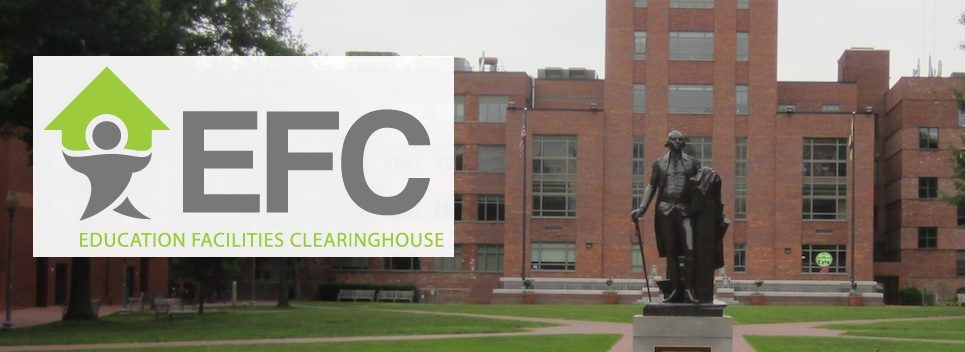NSTA Position Statement
A hallmark of science is that it generates theories and laws that must be consistent with observations. Much of the evidence from these observations is collected during laboratory investigations. A school laboratory investigation (also referred to as a lab) is defined as an experience in the laboratory, classroom, or the field that provides students with opportunities to interact directly with natural phenomena or with data collected by others using tools, materials, data collection techniques, and models (NRC 2006, p. 3). Throughout the process, students should have opportunities to design investigations, engage in scientific reasoning, manipulate equipment, record data, analyze results, and discuss their findings. These skills and knowledge, fostered by laboratory investigations, are an important part of inquiry—the process of asking questions and conducting experiments as a way to understand the natural world (NSTA 2004). While reading about science, using computer simulations, and observing teacher demonstrations may be valuable, they are not a substitute for laboratory investigations by students (NRC 2006, p. 3).

